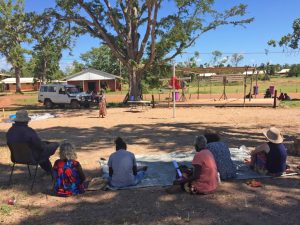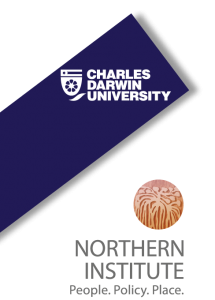Why Ground Up M&E?
When working on monitoring and evaluation projects with government organisations (and NGOs) on the one hand, and Aboriginal people and their organisations on the other, it is easy for university researchers to take the assumptions embedded in government work as given.
In our GroundUp methods we begin with the knowledge and governance practices of Aboriginal people, focussing on how they may be different from those assumed by governments, and by ourselves as academic researchers. Committed to Aboriginal sovereignty we explore how the three systems can work more or less well together, in particular places, engaging particular people, dealing with particular issues. We take seriously the imperatives and practices of what we come to identify traditional Aboriginal practices of monitoring and evaluation, as well as the needs of Government Organisations (and NGOs).
For example, our collaborations with Aboriginal elders have revealed quite different understandings of what governance and leadership entail in an Aboriginal community, how clan groups relate to community, what housing means and does, or what evaluation or monitoring might involve.
Working with Aboriginal elders to elaborate these insights also involves developing or discovering new methods, practices and tools of monitoring and evaluation. Working GroundUp with government (and nongovernment) agencies enables new ways of developing workable policies and practices which support and strengthen Aboriginal lives on country.


